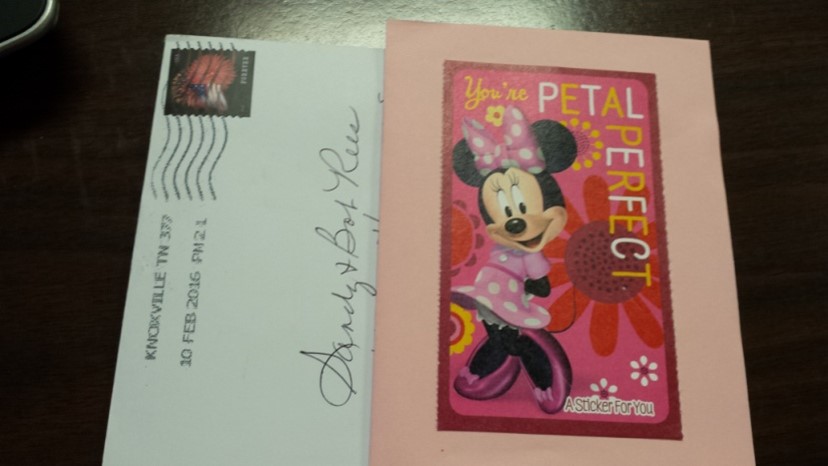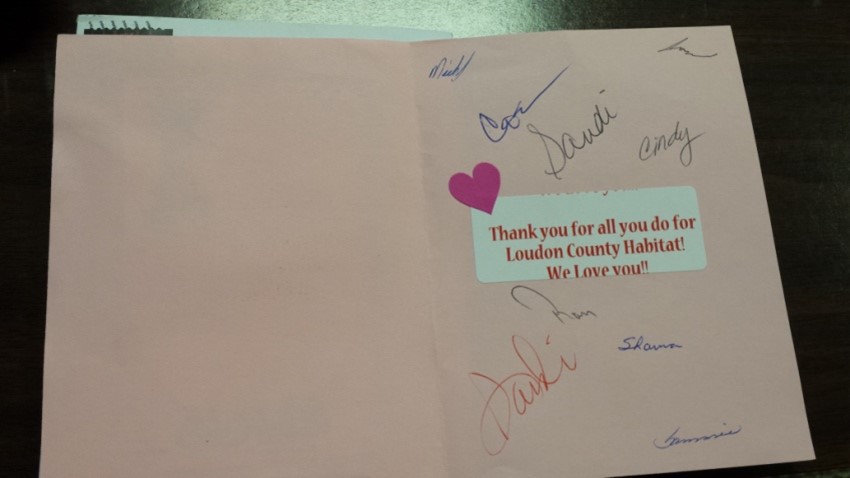
In the past, we raised money by simply asking.
We asked through the mail. We asked in person. We asked at events.
And we raised money.
Today, there are more nonprofits than ever, which means more people than ever are doing the asking. The competition is heavy.
On top of that, donors are more savvy. They know good fundraising when they see it. And they’re steering clear of the bad stuff.
They’re tired of being “hit up” for money.
They expect more. They want to see a good return on their investment in your organization.
They want satisfaction from their giving experience.
I think the nonprofits that will be crazy-successful this year will be paying attention to what donors want and doing their best to give it to them. They’ll find ways to inspire their donors and focus on creating loyalty.
It just makes sense to cater to the source of your funding, doesn’t it?
Here’s my short list of what donors want from the nonprofits they support.
1. They want to know your nonprofit is trustworthy. Being a charity isn’t good enough anymore. You have to show that you’re worthy of the donor’s trust. You must do what you say you’ll do and prove that you can handle money wisely. Otherwise, you’ll never hear from the donor again.
2. They want clear, easily-understood requests. Donors are busy and they’re not willing to wade through long, vague text to figure out what you’re asking for. For-profit businesses make a simple, direct ask for business, and now people expect that from nonprofits, too.
3. They want to make a difference. Even if they can only give a small gift, they want to feel important and know that their gift matters.
4. They want to know the outcome. People are curious. When they give, they want to know what happened. Did you get the result you were shooting for with the program? Did the person or animal in your story get a happy ending? Don’t leave your donors hanging, wondering what happened. By giving them the outcome, you close the loop on the gift and the donor feels complete and ready for the next one.
5. They want to be thanked and appreciated. Donors like to be acknowledged, even when they insist they don’t. Do a good job of thanking donors and they’ll be very likely to give again. Think about it: Have you ever gone out of your way to do something for someone, and then not been thanked? It doesn’t feel good, does it? And you don’t usually feel like helping that person again. So, don’t be that person to your donor – thank them well.
6. Donors want to feel good about their experience. Donors want to feel good about supporting your cause. They want to know they made a good decision to give to you and that you’ll do great things with their money. No one wants to make a donation, then worry that they just wasted their money or chose an organization that sucks.
7. They don’t want to be hounded about more money. Donors who love your organization want to support you and see you be successful. But they don’t want you asking for more all the time. (Hint: if you do a good job of building trust and helping them feel good about their donation, they’ll be happy to give again.)
Most of these donor needs are pretty easy to meet. You do it through prompt response, good communication, and attention to the relationship.
To win the donor’s heart and keep them giving, your job is to give them
- Heart-warming stories. Share with them the story of the child you just fed or the dog you just saved. Tell the story with a lot of emotion and use photos and video whenever possible so the donor can feel it.
- Clear explanation of the need. The more clear and concise you can be, the better. Learn to describe the need in simple language, without jargon, without acronyms, and without extra words.
- Excellent customer service. When the donor calls or emails with a question, be prompt, friendly, and courteous in getting it answered for them. Your donors pay the bill for your organization’s operations. Treat them accordingly.
- Sincere gratitude. Be grateful to your donors. Show your appreciation whenever possible. Be real and authentic and thank them warmly. Donors will tolerate a lot when they feel appreciated, so if you don’t do anything else, do this one and demonstrate your gratitude to them.
- Trust that your organization deserves their support. It’s your job to build trust with the donor. Do the things you need to do to build trust – keep your word, be transparent, and share information. Show that your nonprofit is trustworthy.
There are a lot of practical things you can do to build trust and deepen relationships. A great thank-you letter goes a long way. So does a nice card. Here’s a great example from Habitat for Humanity. It’s a Valentine’s Day card that accomplishes several things. It’s a nice donor touch, it’s totally unexpected, it’s signed by the entire staff (that blew me away!), and most importantly, it made me smile.


A simple card like this is easy to produce and very affordable. It doesn’t have to be expensive to build a relationship.
It’s easy to look at something like that and think “there’s no Ask in it, which means there’s no way to raise money from it.” And I say ‘exactly.’ Not everything you do needs to directly raise money. I guarantee you that a piece like this, with the purpose of building the donor relationship, will ultimately help you raise more money.
Never get so focused on the money you want right now that you forfeit the money that’s coming in the future because you neglect the relationship.
Now it’s your turn. What are you doing to give your donors what they want?
It’s a good time to evaluate the things you’re doing to build trust and show your appreciation. Improve on the things you’re doing to give your donors a good experience.
If all you do is take one step in the right direction, it’ll be worth it. Everything will start to change when you know what donors want and provide it for them.






Great article- very useful info. building relationships.
Isn’t also about the donor’s communication style? Not all donors want to meet face-to-face. Should we not respect them in this?
Absolutely! It’s always about what the donor wants. If we try to force a donor to play by our rules, we’ll lose them.
Sandy
[…] to know that their dollars are going to good use. In a best practices breakdown for nonprofits, Get Fully Funded, an organization that supports nonprofit fundraising initiatives, notes that today’s donors […]
Very helpful…
Thank you for this article. It was very helpful and gave me a lot to think about
We are so glad you’ve found this helpful!
Really helpful article and some great points!
Fundraisers have to work extra hard to get that donation these days. We’ve found that by adapting our grassroots and providing the best training, we can update skillsets and ensure fundraisers understand best practice.